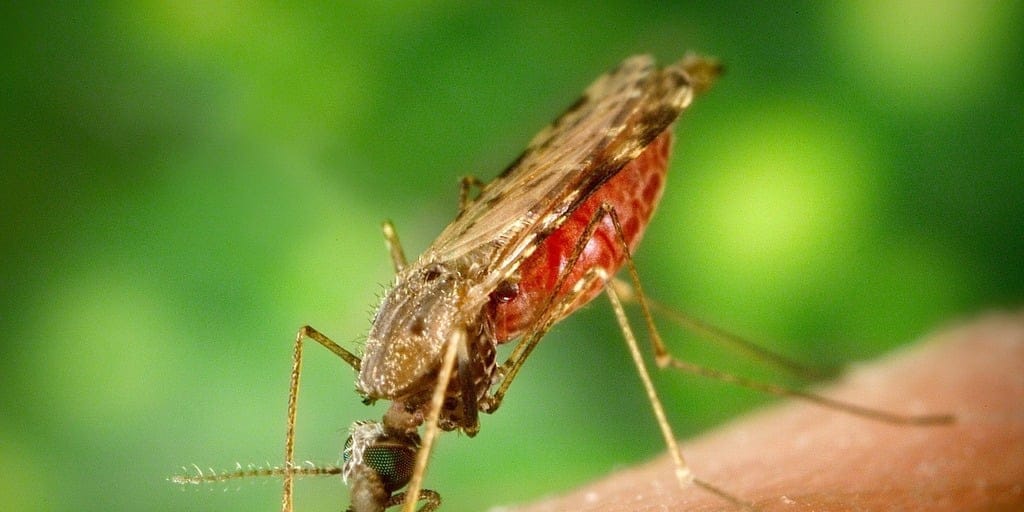Monoclonal antibody against malaria reaches 80% effectiveness

One injection of an experimental anti-malaria monoclonal antibody is nearly 80% effective against malaria. Malariaaccording to a study conducted by scientists from the National Institutes of Health (NIH), the results of which were published in the New England Journal of Medicine.
The antibody, used in a group of children in Mali during the country’s six-month malaria season, was 77% effective, according to results from the mid-phase of this clinical trial.
In 2022, the parasite P. falciparum caused the majority of almost There are an estimated 250 million cases of malaria worldwide. and most of the more than 600,000 deaths from malaria, according to the World Health Organization (WHO). The majority of malaria cases and deaths occur in children in Africa. Malaria parasites such as P. falciparum are transmitted to humans through mosquito bites.
“This long-acting monoclonal antibody, administered in a single office visit and rapidly providing high levels of protection against malaria in these vulnerable populations, could address an unmet public health need,” he emphasizes. Jeanne MarrazzoDirector of the US National Institute of Allergy and Infectious Diseases.
The clinical study evaluated two dose types: 19% of the 300 mg dose group and 28% of the 150 mg dose group developed symptomatic malaria, providing 77% and 67% protective efficacy against symptomatic malaria, respectively.
Among children receiving placebo, 81% became infected with Plasmodium falciparum and 59% symptomatic malaria during the six month training period.
The authors note that the study is the first to demonstrate that a single dose of a monoclonal antibody given by subcutaneous injection can provide protection against malaria in children in an area with high rates of malaria transmission.
In 2020, scientists at the NIAID Vaccine Research Center reported that they had isolated an antibody from a volunteer vaccinated with an experimental malaria vaccine. The antibody was modified with a mutation that prolonged its persistence in the bloodstream after administration.
A previous study, also conducted by the same research group in Mali, noted that the previously discovered antibody was highly protective against P. falciparum infection in adults when administered intravenously.
However, in animal studies, the new antibody was shown to be more effective and produced at a higher concentration than CIS43LS, allowing it to be administered by subcutaneous injection.
The Mali study was conducted in two parts: first to assess safety in a small number of adults and children, and then in a larger clinical effectiveness study in which participants 225 children. The study was conducted from July 2022 to January 2023 and included healthy children aged 6 to 10 years, 75 of whom received the 300 mg dose, 75 of whom received the 150 mg dose, and 75 of whom received placebo.
Researchers are continuing clinical development of the experimental antibody, with a particular focus on other high-risk populations, such as infants and young children, hospitalized children with severe anemia, and pregnant women.
Another ongoing clinical trial in Kenya is evaluating the effectiveness of the antibody in children aged 5 months to 5 years over a 12-month study period, and scientists are also conducting a clinical trial in Mali to evaluate the antibody in women of childbearing age in preparation for testing. antibodies during pregnancy.